Keywords: Christian Brothers
-

RELIGION
- John Warhurst
- 03 September 2024
Lay-led organizations, once marginalised, are now ascendant in the Church, challenging traditional hierarchies and redefining what church might look like in future. Ministerial Public Juridic Persons (MPJPs) have a growing influence, and for some, hold the potential for a more inclusive, lay-led Church.
READ MORE
-
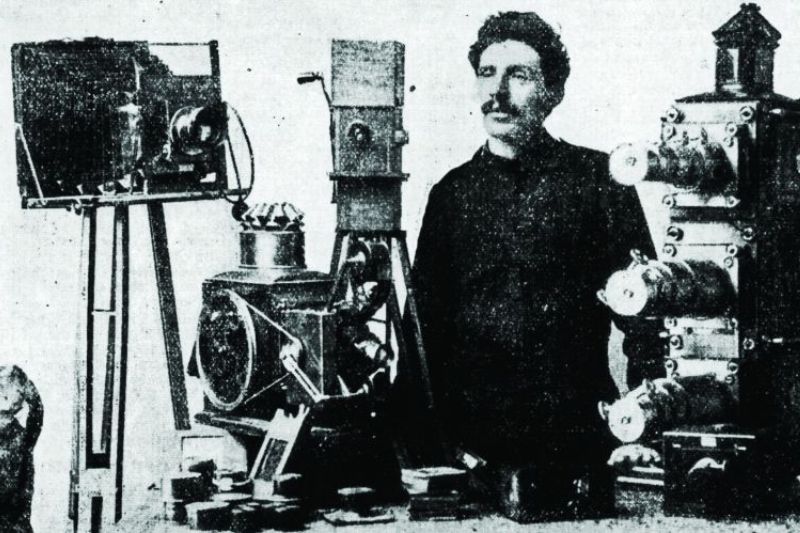
AUSTRALIA
- Barry Gittins
- 29 August 2024
In the early 20th century, the Salvation Army emerged as a dominant player in the nascent film industry. From pioneering filmmaking techniques to navigating the first moral dilemmas around film censorship, their cinematic journey is a fascinating, often-forgotten chapter in film history.
READ MORE
-
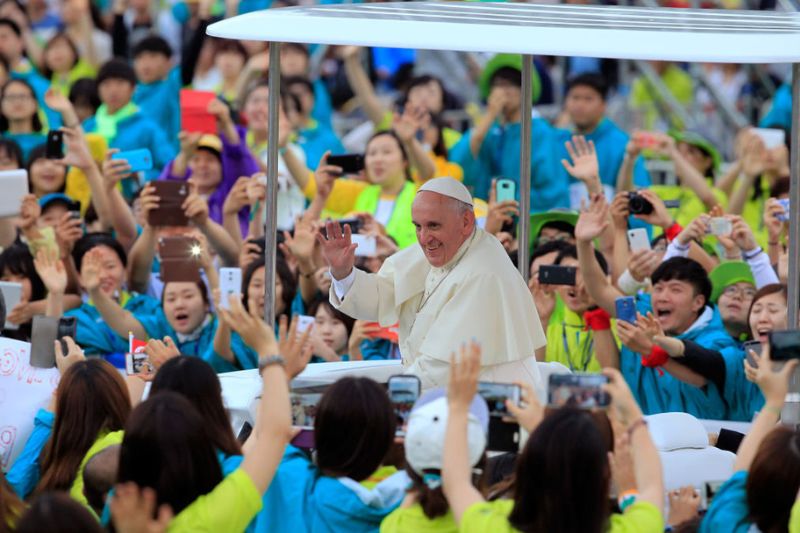
RELIGION
- Andrew Hamilton
- 28 August 2024
As Pope Francis embarks on a demanding tour, skipping Australia to visit smaller marginalised Catholic communities in Indonesia, Timor Leste, Papua New Guinea, he is demonstrating the priority of the Church in reaching out to those on the margins.
READ MORE
-
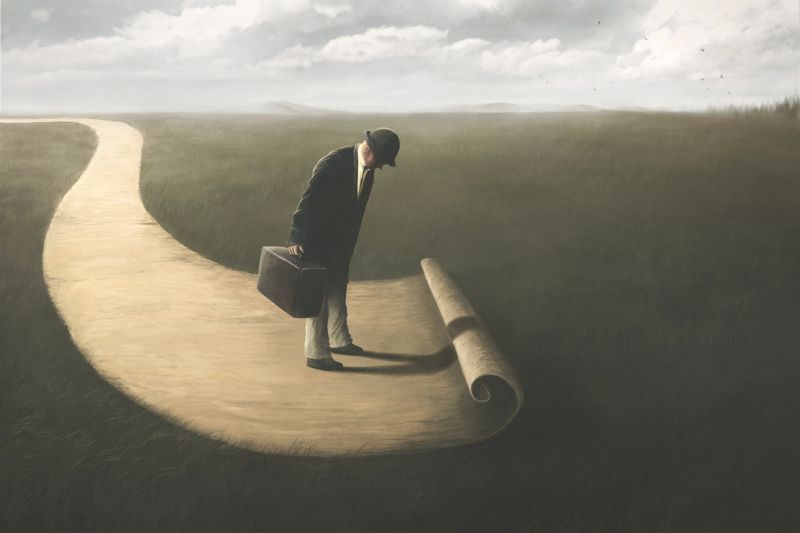
RELIGION
- Andrew Hamilton
- 21 August 2024
This year’s Social Justice Statement is ambitious in its scope. From the ravages of war to the erosion of truth, the statement challenges us to confront the root causes of our divisions and seek a path toward a more just and peaceful future.
READ MORE
-
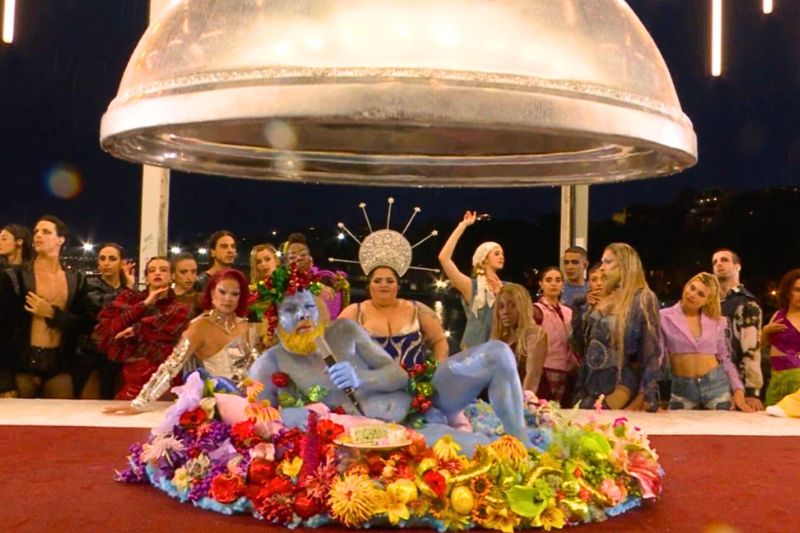
INTERNATIONAL
- Juliette Hughes
- 07 August 2024
You have to admit, the French have form for mocking religion. But with their peculiar take on the Lord's Supper with all its Dionysian excess, the colourfully irreverent opening ceremony left many asking: has Paris 2024 turned the Olympics into a ritual of performative ethics?
READ MORE
-
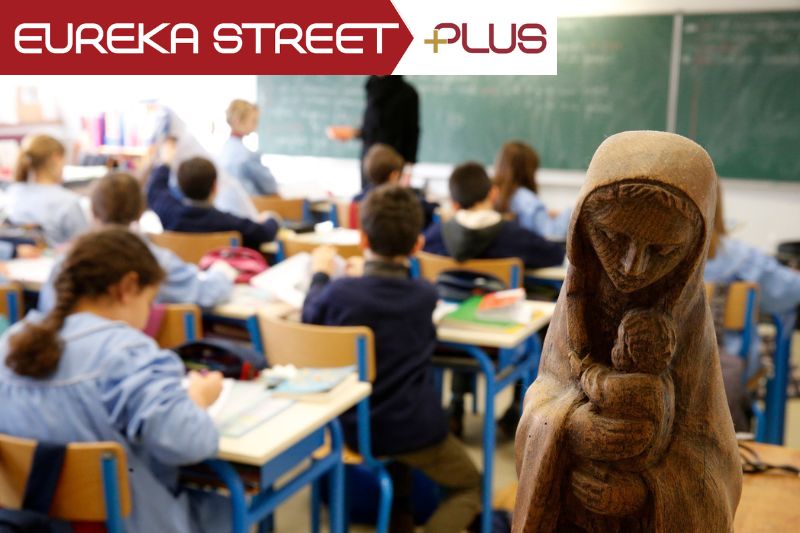
RELIGION
- Ann Rennie, Bernadette Mercieca
- 09 February 2024
5 Comments
Today, the claims of Christianity are no longer common knowledge among a Catholic student cohort that comes from many faith traditions and none, but the Catholic school has a place for them all. Has the classroom become the ecclesial face of the Catholic Church in the 21st Century?
READ MORE 
-
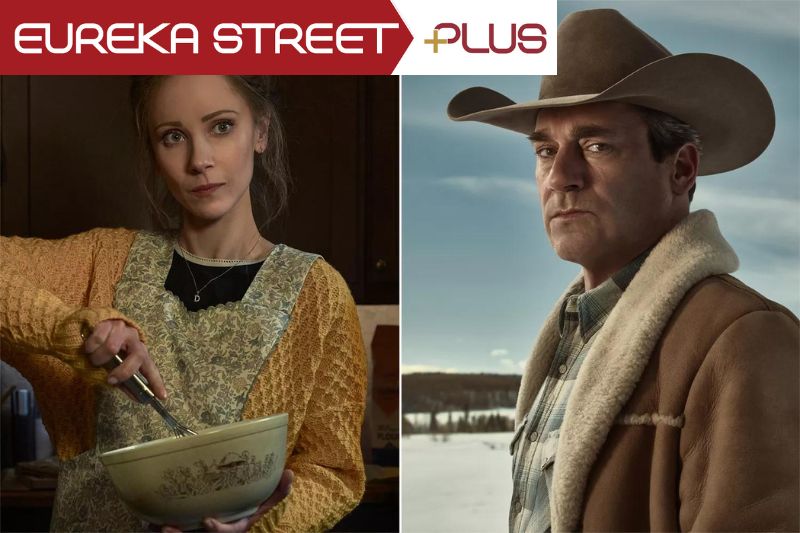
ARTS AND CULTURE
- Michael McVeigh
- 25 January 2024
The world of Fargo, like ours, is a fallen one, and it’s clear at the end of this season that the cycle of violence will continue. But we’re also left with a strong hope that some of the characters might have found a way out of that hellish cycle of debt and restitution. And if there’s hope for them, there’s hope for us all.
READ MORE 
-

ARTS AND CULTURE
- Gillian Bouras
- 07 July 2023
1 Comment
Comparing perspectives from different generations of Irish writers, Fintan O'Toole explores the weight of Ireland's 'lovely past', its unaddressed traumas, and their impact on the present. Addressing themes of change, politics, and religion, his narrative offers an unflinching exploration of the Emerald Isle's history.
READ MORE 
-
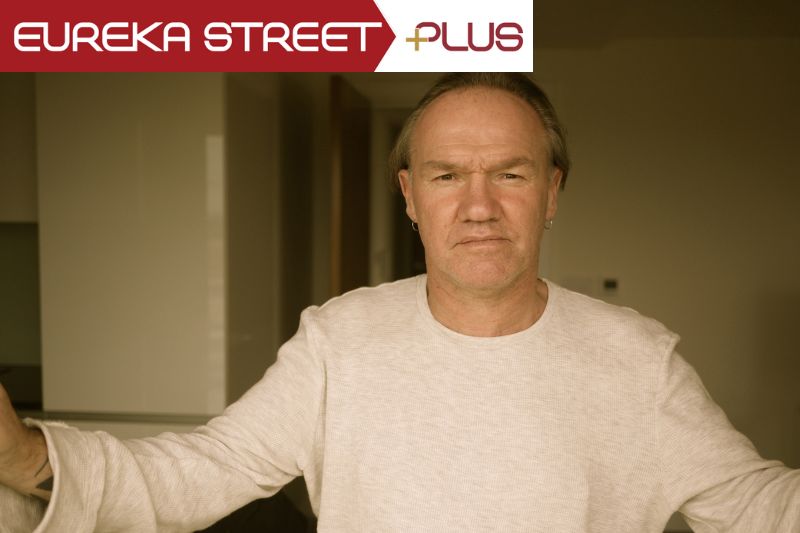
ARTS AND CULTURE
- Paul Mitchell
- 23 June 2023
1 Comment
Renowned author and academic Tony Birch is known for his insightful and compelling narrative explorations into societal issues like marginalisation, Aboriginal identity and racial struggles. In conversation with Paul Mitchell, Birch discusses his work, the unique intersection of academia and creative writing, and the profound impact of historical dispossession.
READ MORE 
-
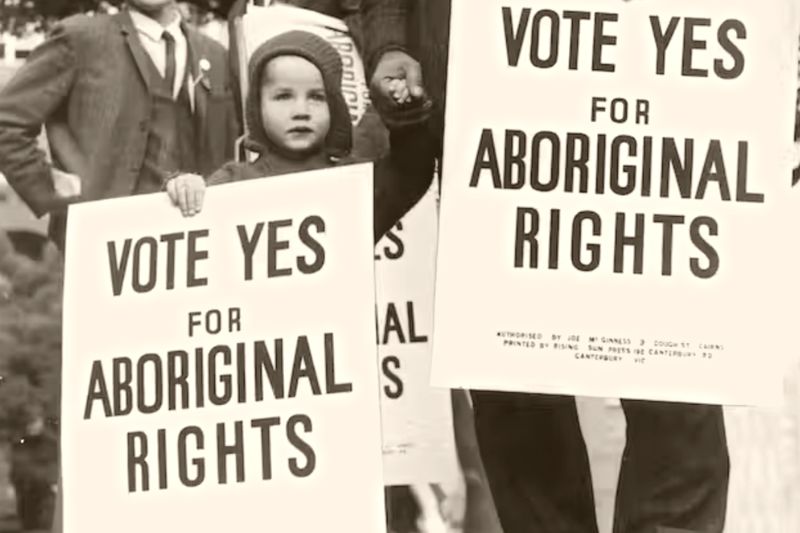
AUSTRALIA
- Frank Brennan
- 05 June 2023
19 Comments
The wording of the proposed change to the Australian Constitution to enshrine a First Nations Voice might not be perfect. But whatever the imperfections and the risk of future complications, it is high time that Australia’s First Peoples were recognised in the Constitution in a manner sought and approved by a broad cross-section of Indigenous leaders.
READ MORE
-
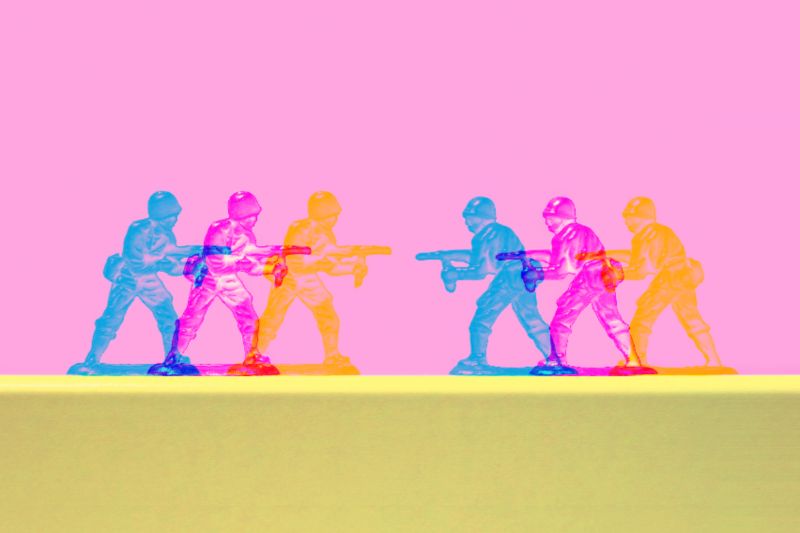
AUSTRALIA
- Andrew Hamilton
- 02 February 2023
6 Comments
Any discussion of the ethics of culture war should begin with the basic reality of human communication: to flourish, human beings rely on cooperation with other people. Speaking abusively about others weakens the necessary trust that lies at the foundation of a well-functioning society and inhibits the conversation about values necessary in a humane society.
READ MORE
-
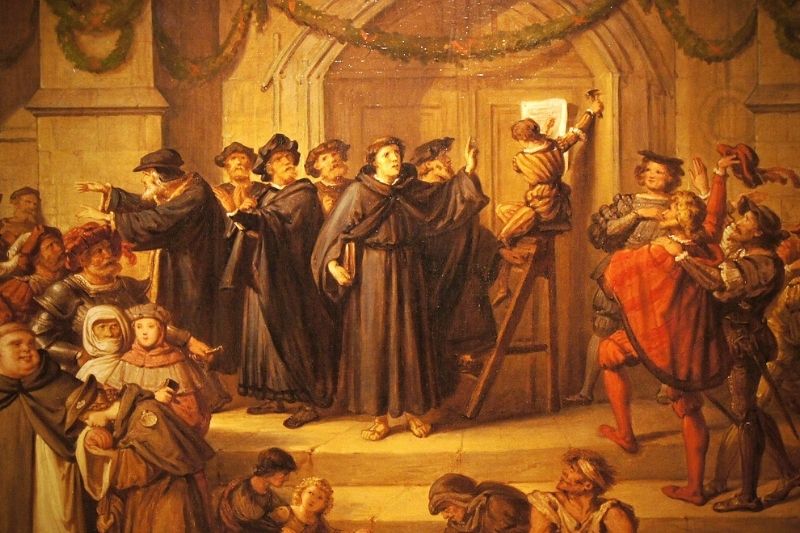
RELIGION
- Andrew Hamilton
- 26 October 2022
10 Comments
What would the world have been like today if the Reformation had not happened? Would it really have been a better Church and a better world? And how, indeed, can we evaluate these enormous historical events?
READ MORE 